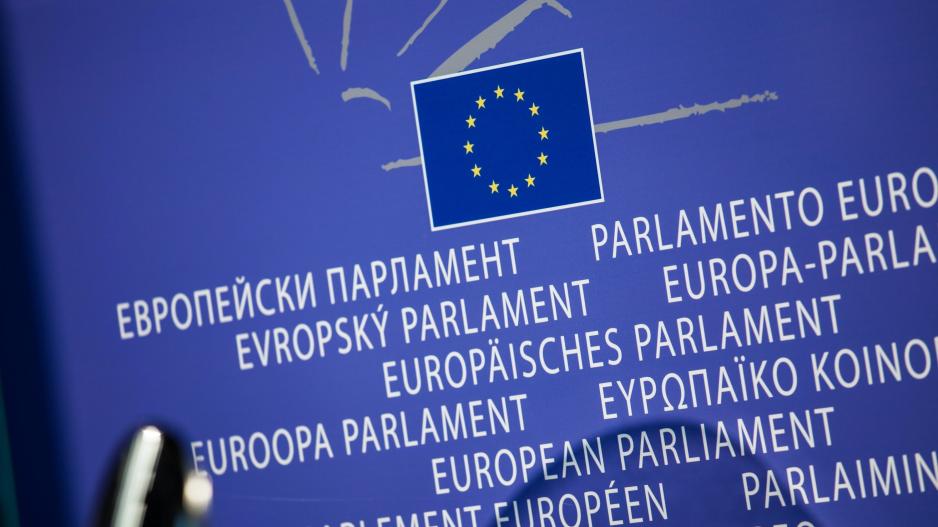Cyprus’ private, government and external debt remains a concern for the EU
The National Recovery and Resilience Plan needs to be implemented swiftly and effectively, with a focus on reducing dependence on fossil fuels and promoting the development of electricity interconnections. These priorities align with the recommendations of the Commission for Cyprus, which are part of the European Semester Spring Package for 2023. The aim is to build a resilient economy that ensures competition and long-term prosperity in the current geopolitical environment, as stated by the Commission.
According to the Commission, achieving these goals across Europe requires a unified approach encompassing environmental sustainability, productivity, justice, and macroeconomic stability.
In the case of Cyprus, it is worth noting that the country is among the 17 member states facing macroeconomic imbalances, as indicated by relevant reports within the surveillance mechanism. While Cyprus has made progress in reducing excessive imbalances, concerns remain regarding private, government, and external debt.
The post-program report for Cyprus, along with those for Ireland, Greece, Spain, and Portugal, highlights that Cyprus, like the other countries, has the ability to repay its debt.
1. The termination of existing energy support measures by the end of 2023. In the event of renewed increases in energy prices, any support measures should aim to protect vulnerable households and businesses, ensure affordability and maintain incentives for energy savings. To preserve a healthy fiscal position in 2024, it is crucial to uphold national publicly funded investments and ensure effective utilization of funds from the Recovery and Resilience Facility and other EU funding tools, particularly for promoting green and digital transition. Additionally, facilitating the reduction of private debt should be prioritized through the installation of an effective framework for compulsory seizures.
2. The acceleration of the implementation of the Recovery and Resilience Plan, while ensuring sufficient administrative capacity. Moreover, the Commission urges Cyprus to promptly expedite implementation of REPowerEU plan and cohesion policy programs.
3. The implementation of measures to improve the governance of state-owned enterprises in line with international standards.
4. The reduction of Cyprus’ dependence on fossil fuels and diversification of its energy supply. The Commission encourages Cyprus to exploit untapped possibilities for energy production from renewable sources by accelerating the development of renewable energy sources through appropriate financial means and further investments in upgrading and modernizing the electricity network, including energy storage facilities. The development of electricity interconnections should be expedited, as well as the expansion and acceleration of energy efficiency measures to address energy poverty and facilitate the shift towards sustainable transportation. Bolstering policy efforts to provide and acquire the skills required for the green transition is also part of the Commission’s recommendations.

At the EU level, the European Semester serves as the coordination framework between the Commission and member states for implementing programs funded by the Recovery and Resilience Plan and the Cohesion Funds. The European Spring Semester findings reveal that EU economies have demonstrated resilience in a challenging international environment. Recession fears in the first quarter of 2023 were alleviated by a decrease in energy prices, the easing of supply constraints, and robust labor market dynamics, resulting in moderate growth. However, structural inflation has become a concern, although overall inflation is decreasing.
Spring 2023 forecasts for the EU indicate a growth rate of 1.0% in 2023 and 1.7% in 2024, with inflation projected at 6.7% in 2023 and 3.1% in 2024. The labor market is expected to grow by 0.5% this year and 0.4% in 2024, while the unemployment rate is projected to remain slightly above 6%.
Regarding the implementation of measures agreed upon within the framework of the Recovery and Resilience Plan and the Cohesion Funds, the Commission urges member states to persist in their efforts to decarbonize the economy and industry, tackle labor market challenges, and foster the creation of high-quality jobs along with research and innovation development. Notably, projects relating to energy security and the green transition should receive special attention, particularly within the REPowerEU programs.






